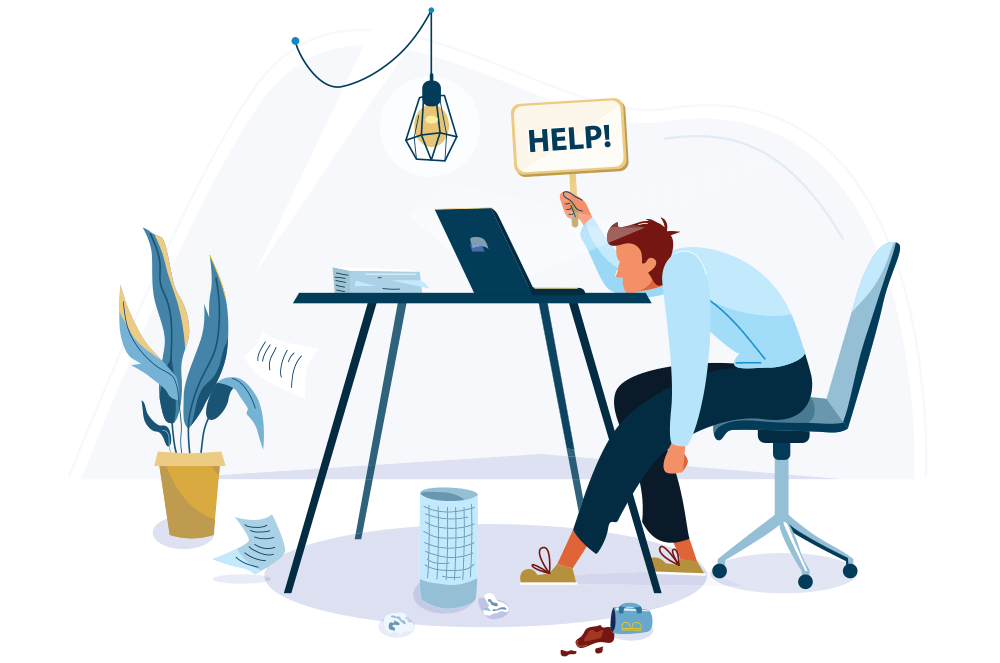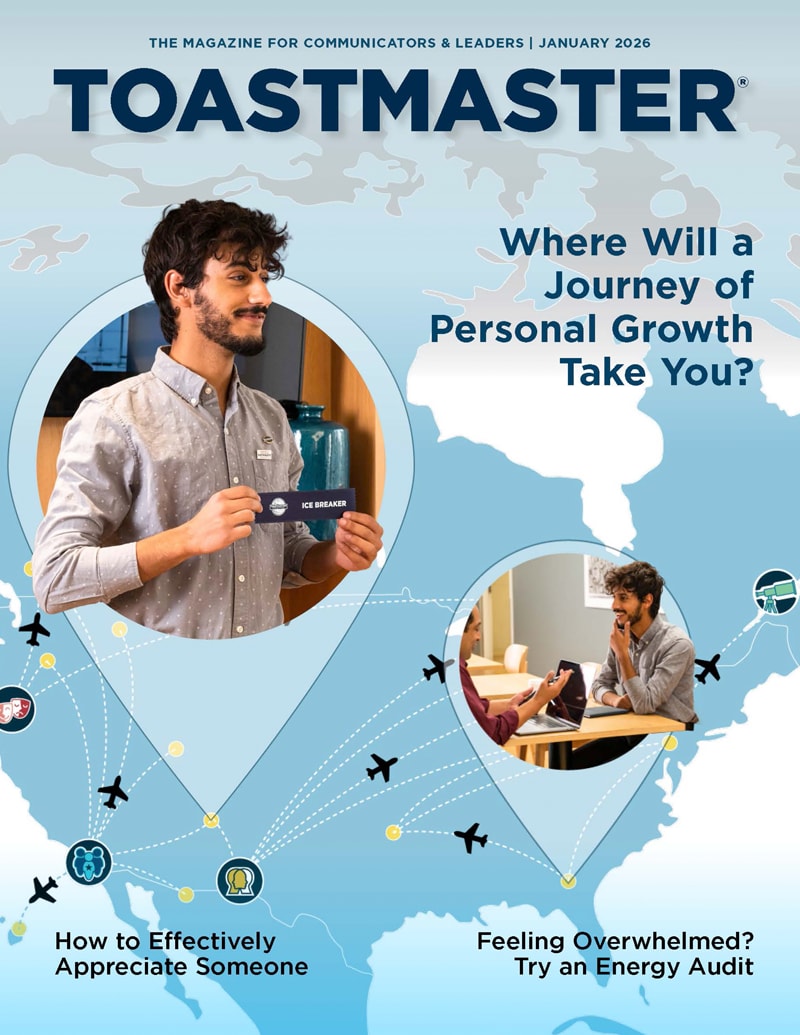
"I am tired of always working so hard,” a client recently told me. “I always feel exhausted, and never have time for anything except catching up on tasks I haven’t done yet. Hundreds of tasks on my to-do list feel never-ending. The worst part? The goals I set for myself aren’t getting any closer, no matter how hard I work.”
Working as a health and performance coach, I hear stories like this all the time. This client’s response came after I asked about her struggles and what she wanted to change in her life.
People push themselves to the brink, proudly calling themselves “the hardest worker in the room.” But what’s the point of all that hard work when it doesn’t bring satisfaction? When it leaves no time to truly live your life? And when, despite all that effort, you’re barely making progress toward your goals?
Hustle Culture Downside
Motivational speakers and success gurus frequently proclaim the same mantra: Be disciplined. Stay strong. Never give up.
But when I hear this, I can’t help but wonder if the endgame for someone following this advice is to become a machine, or a soldier who blindly sticks to the plan, regardless of the cost.
This entire concept of hard work became deeply questionable to me after I burned out. I had dedicated my life to work, sacrificing everything else, only to end up feeling wiped out, with damaged health and more questions than answers about the direction of my life.
Looking back, I see how much our environment—and the values it reinforces—shapes this mindset. In my case, I worked in an office where colleagues survived on coffee and ambition. Almost no one prioritized their health; work-life balance meant nothing.

Listen to The Toastmasters Podcast to hear more from Olya Amelina.
Proper nutrition, sleep, and rest were seen as luxuries nobody could afford. Working weekends and staying accessible during vacations were “normal.”
When Hard Work Fails
The hustle culture is so ingrained in us that some of my clients don’t even remember what it feels like to be rested. I’ve heard the confession, “I don’t even know how to rest, and when I try, I feel guilty for wasting time.”
Even when people try to break free, they face resistance. One client, a psychotherapist juggling five to seven sessions a day, while also working on a scientific study, parenting, and training for two strenuous running events, felt utterly drained. When we discussed simple adjustments to their day, they pushed back, saying, “It won’t work! My colleagues won’t understand!”
And it’s not just about work. Another client, an athlete, believed they could only achieve their dream of standing on the podium by isolating themself and focusing solely on training. They pushed everyone out of their life, thinking sacrifice was the price of success.
But this perfectionist mindset left them feeling lonely and unsupported. Over time, their mental health began to deteriorate, and their gym performance suffered, making the podium even further out of reach. Hard work, in this case, didn’t just fail to pay off—it actively undermined their goals.
Breaking Free
With these clients, we eventually found solutions that didn’t involve working harder but working smarter.
For the psychotherapist, we implemented scheduling small breaks that would help them recharge during the day regardless of what colleagues might say, as well as establishing reasonable boundaries. For the athlete, we focused on rebuilding their support system of friends and uncovering ways they could prioritize their mental health needs while still focusing on physical training.
When their stress and exhaustion decreased and energy levels increased, they started seeing a difference. The process became more enjoyable, and even challenging situations caused excitement rather than fear.
Slowing Down to Speed Up
While recovering from my burnout, I eventually realized that when I allowed myself to slow down, I had more space to notice how I felt, as well as what worked for me and what didn’t.
I began to understand that skipping meals or not getting enough sleep meant I simply didn’t function at my best. Without proper rest, we can’t think creatively, solve problems, or stay focused. But when our battery is full, we can handle more. I was able to stop procrastinating once I had the energy and clarity to dive into tasks.
Once I experienced what it felt like to be at the top of my performance, I didn’t want to go back. Slowing down became essential because it allowed me to speed up in the ways that mattered most.
Without proper rest, we can’t think creatively, solve problems, or stay focused. But when our battery is full, we can handle more.
A New Approach to Success
What I’ve learned—both through my own journey and with my clients—is that sometimes it’s not enough to read a scientific study or hear someone say, “This works.” You have to experience it for yourself.
You have to be curious enough to explore another way of achieving your goals. And you have to make a conscious decision to try. Even if it feels counterintuitive or scary at first, the rewards of slowing down and prioritizing yourself are worth it.
Success isn’t about how much you sacrifice—it’s about how you sustain yourself along the way.
Your Next Step
If you’re feeling stuck in the grind, ask yourself: What would change if you prioritized your well-being? What if rest, joy, and balance weren’t seen as luxuries but as essential parts of your success?
It’s time to challenge the old rules that no longer serve us. Let’s redefine success—not as exhaustion, but as thriving. Let’s prove that slowing down doesn’t mean giving up; it means showing up as your best, most focused, and most creative self.
Make just one small change today. Whether it’s taking a real lunch break, saying no to one task, or simply going to bed earlier—start there.
When you work less hard, you might just find yourself working a whole lot better.
Olya Amelina is a health and performance coach who helps athletes and business professionals develop daily routines that enable them to take control of their time, maintain high energy levels, and feel good while achieving their big goals. She lives in Germany. Learn more at LinkedIn.
Related Articles

Personal Growth
Finding a Balance to Beat Burnout

Personal Growth
Are Your Behavioral Patterns Causing Burnout?

Club Experience



 Previous
Previous


 Previous Article
Previous Article